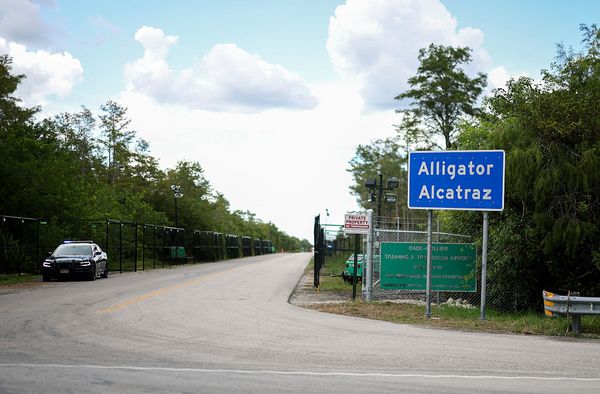
Billionaire investor Mark Cuban endorses the Trump administration’s Make America Healthy Again policy targeting the junk food market segment
Cuban Supports Food Policy Reform
Cuban publicly endorsed Health and Human Services Secretary Robert F. Kennedy Jr.‘s new SNAP food restrictions on Tuesday via X. Cuban wrote, “This is the organization, FoodFight USA, I fully support and who has it right when it comes to ultraprocessed and junk foods.”
The endorsement came as RFK Jr. announced waivers for six additional states—West Virginia, Florida, Colorado, Louisiana, Oklahoma, and Texas—banning soda, candy, and other junk food from Supplemental Nutrition Assistance Program eligibility starting in 2026.
Market Impact on Food and Beverage Sector
The policy threatens an estimated $6 billion in annual SNAP-funded beverage sales, according a 2016 study from the USDA. Sugar-sweetened beverages currently comprise 9.3% of all SNAP purchases, making them the top product category in the program.
Major beverage companies, including The Coca-Cola Company (NYSE:KO) and PepsiCo Inc. (NASDAQ:PEP) have historically lobbied against such restrictions, according to the National Library of Medicine. The American Beverage Association represents an industry with $195 billion in domestic sales annually.
State Waiver Expansion Accelerates
The six new waivers join Nebraska, Iowa, Indiana, Arkansas, Idaho, and Utah, which implemented similar reforms earlier this year. This brings the total participating states to twelve.
“For too long, SNAP has funded soda and candy—major drivers of chronic disease,” Kennedy said during the announcement at MAHA Monday on the National Mall.
Food and Drug Administration Commissioner Marty Makary emphasized the need to reduce mass suffering from diabetes, obesity, and other long-term medical conditions.
Historical Context and Opposition
Previous waiver requests from Minnesota (2004), New York (2010), and Maine (2015-2018) were denied by USDA under both Democratic and Republican administrations.
Research indicates SNAP recipients have 40% obesity rates versus 32% among low-income non-participants. The program serves nearly 43 million Americans at $70 billion annually.
Corporate lobbying historically blocked restrictions. The American Beverage Association spent $16.2 million on SNAP-related lobbying in 2013.
Read Next:
Disclaimer: This content was partially produced with the help of AI tools and was reviewed and published by Benzinga editors.
Photo courtesy: Shutterstock







